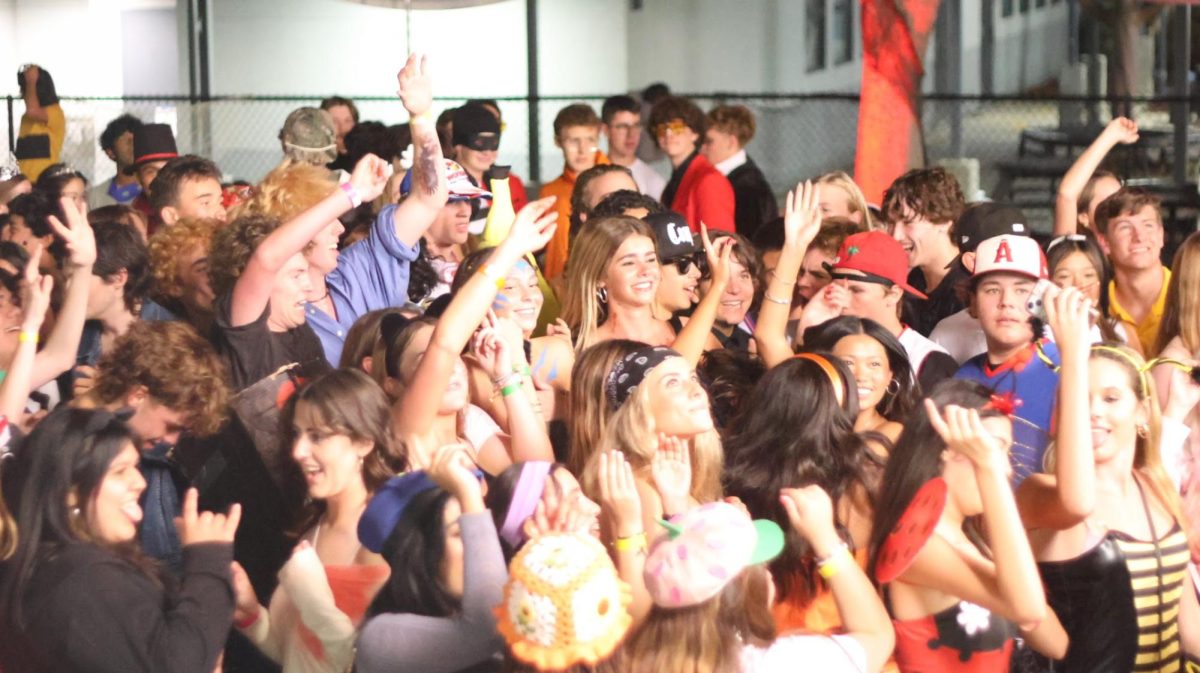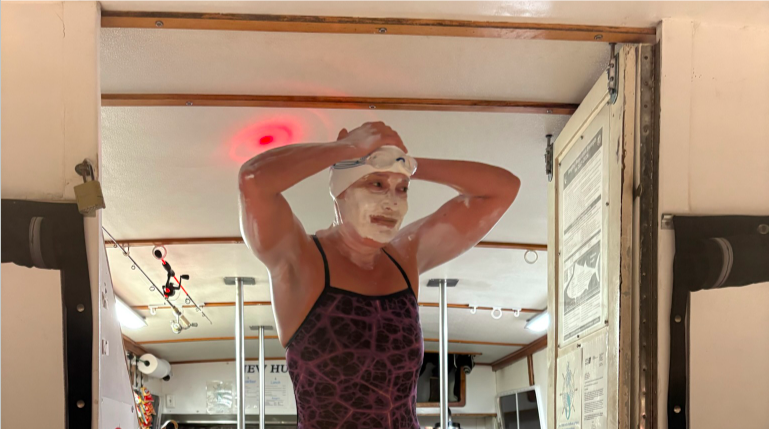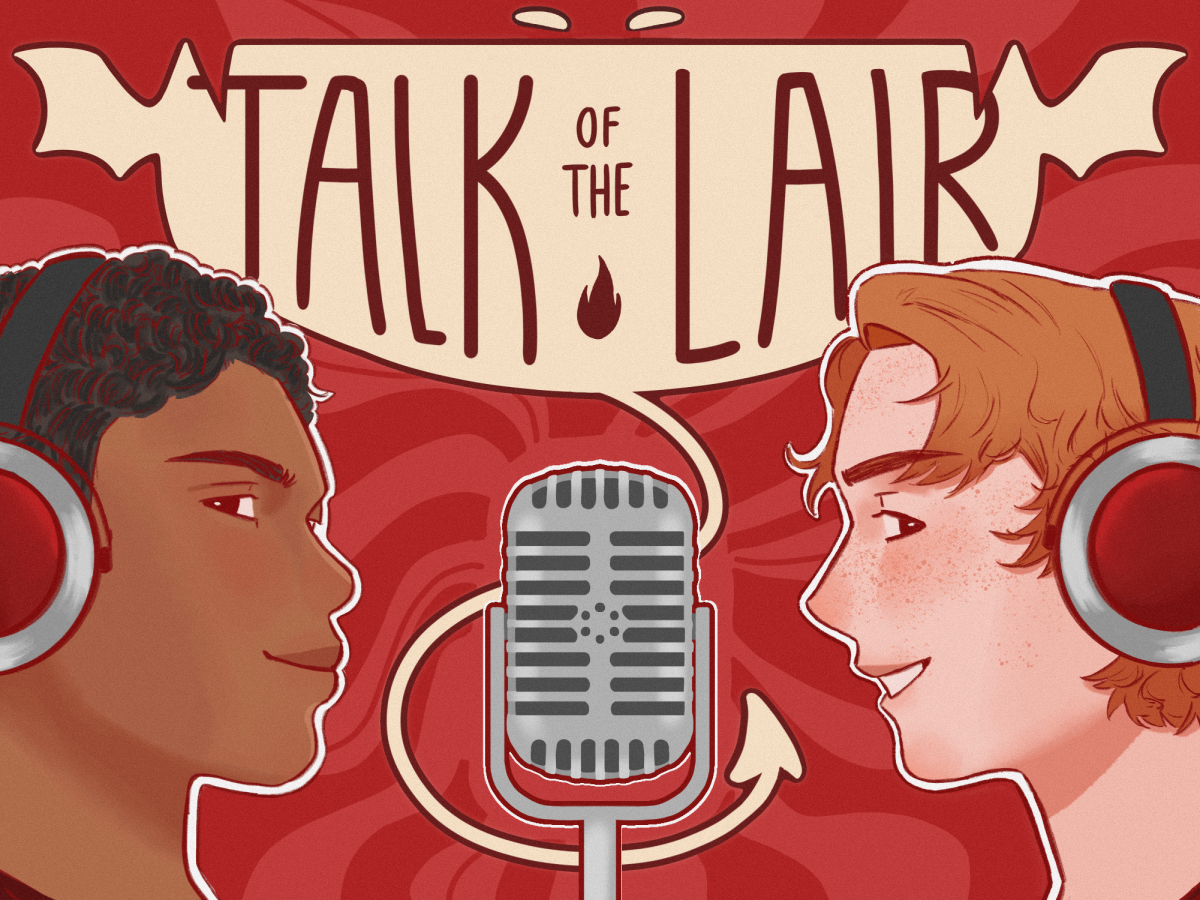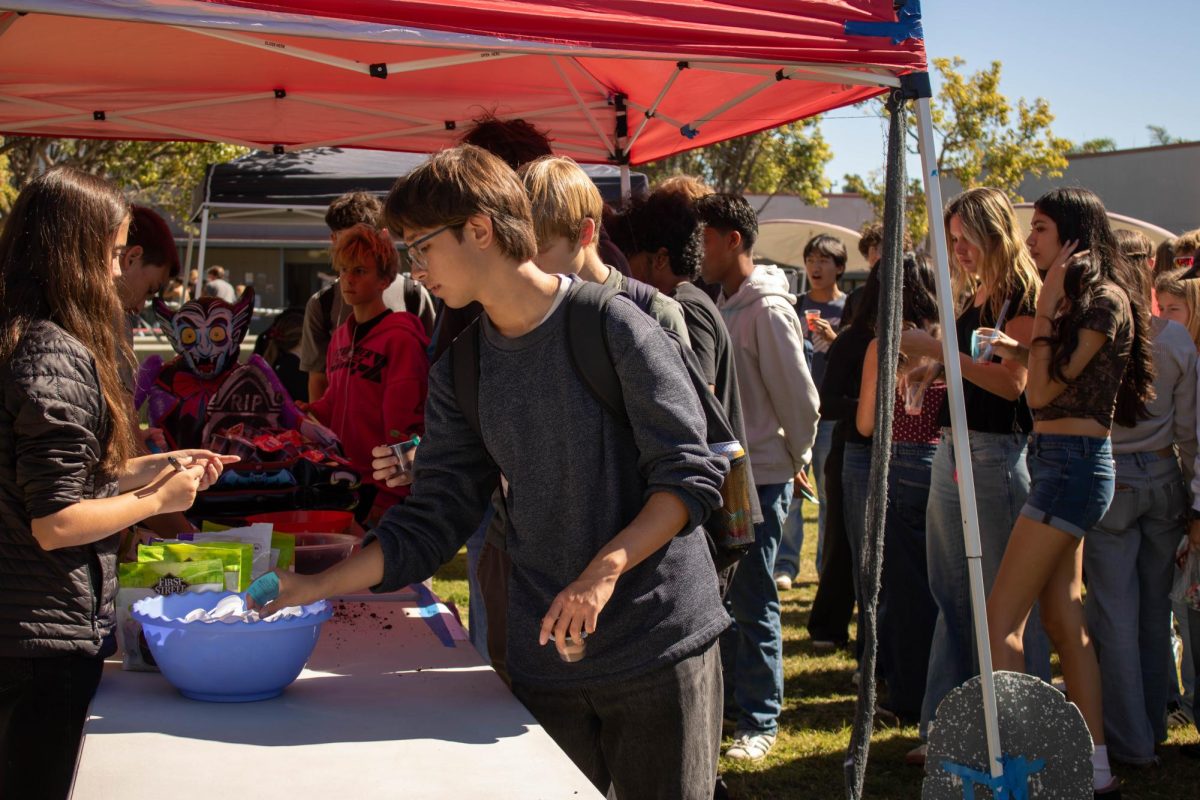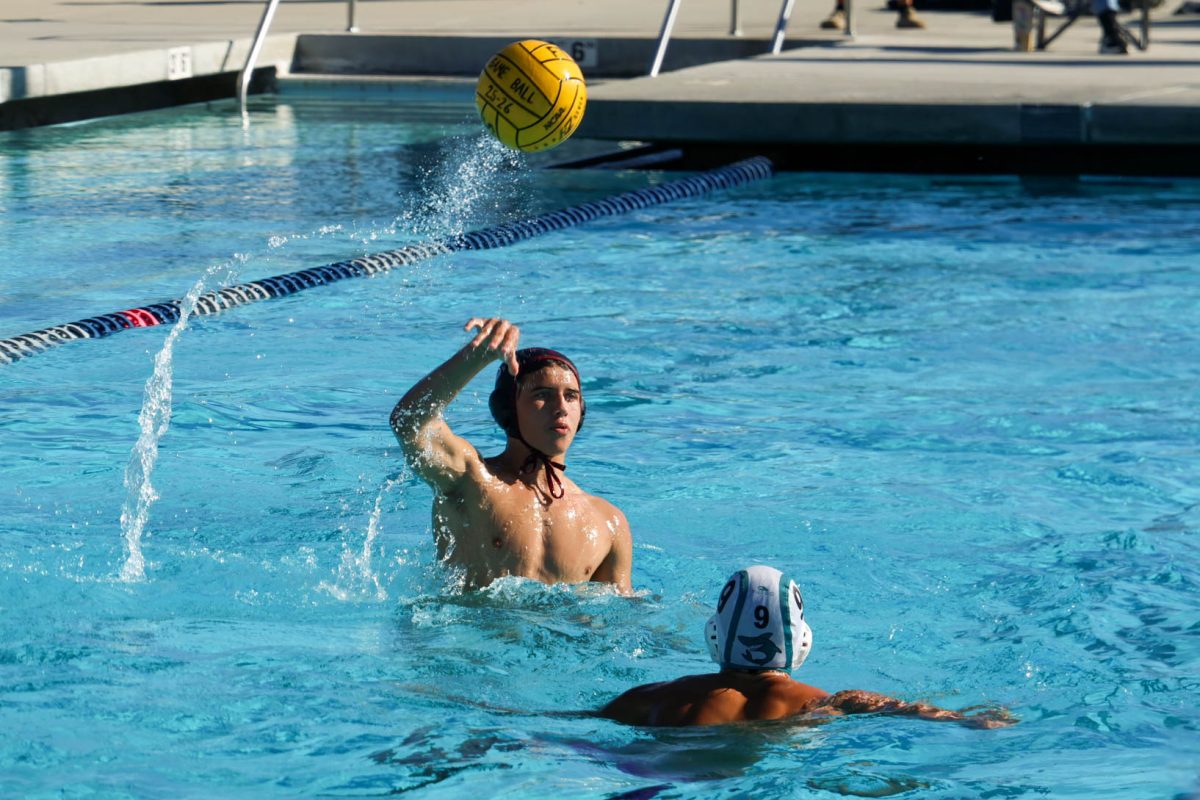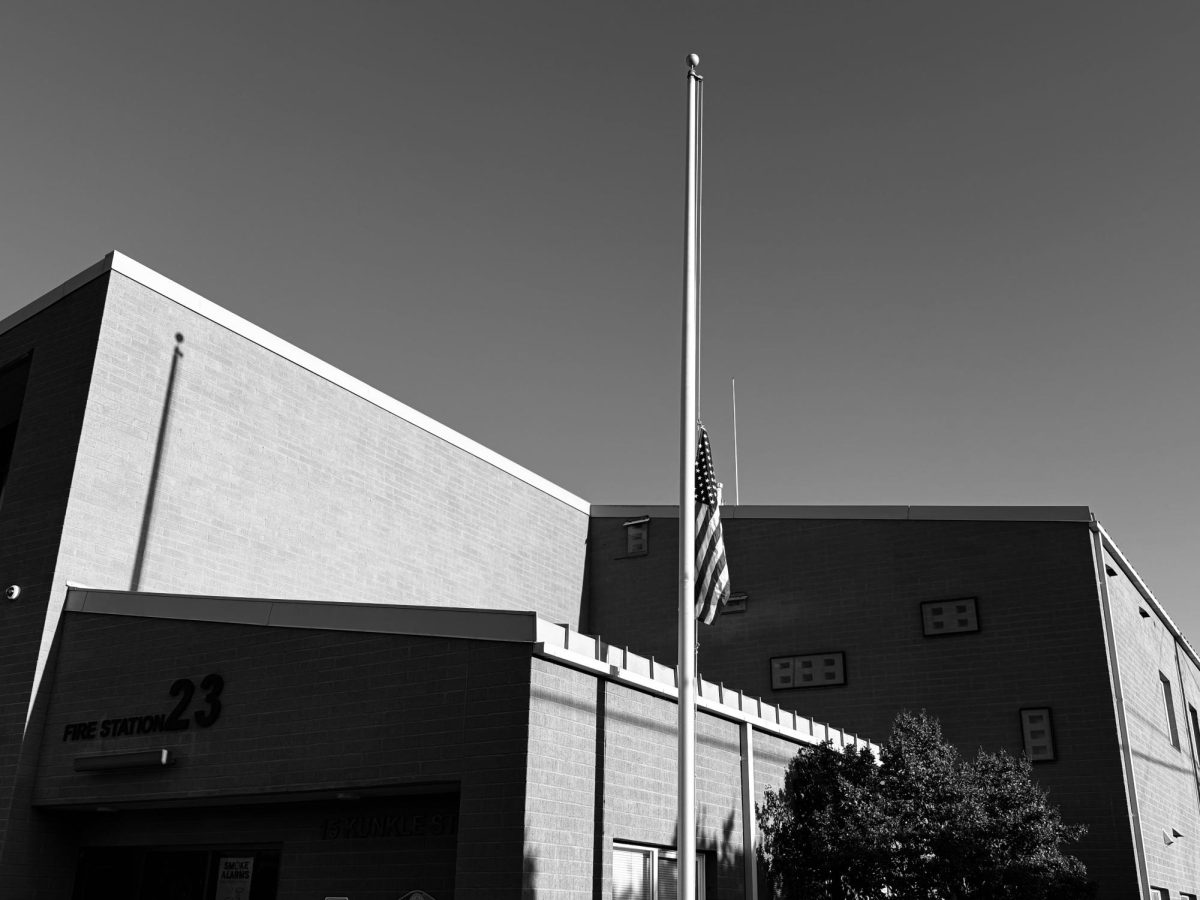Standardized testing is widely viewed as yet another impediment on the well trodden path of college admissions. Although student’s applications are reviewed by admissions officers in a holistic manner, scoring well on the Scholastic Aptitude Test (SAT) and American College Test (ACT) can certainly boost your chances of acceptance to the school of your choice. Many colleges suspended standardized test submission requirements due to the COVID-19 pandemic, but now that the lockdown is behind us, these institutions are reevaluating data to determine their test policy moving forward.
This process has admissions officers, students, parents and educators alike asking the same question: Are standardized tests an accurate indicator of college readiness, or are they exacerbating elitism and creating an impenetrable barrier between under privileged students and top universities?
The origins of standardized testing can be traced all the way back to the late 1800s and early 1900s, when over 11 million immigrants came to the United States seeking religious, economic and social freedom. At the time, many American social scientists were white Anglo-Saxon Protestants who were concerned with the influx of foreigners in public schools. Among these men was Carl Brigham, a psychology professor at Princeton University and “father” of the SAT. In Brigham’s book, “A Study of American Intelligence,” he argued that people of color were inherently less intelligent than white people, and that their presence in public schools was rapidly diminishing the quality of the American education system.
According to the National Education Association (NEA), Brigham wrote that standardized testing, “showed the superiority of ‘the Nordic race group’ and warned of the ‘promiscuous intermingling’ of new immigrants in the American gene pool.” After developing aptitude tests for the U.S. Army, he went on to create the SAT, which was first introduced to the public in 1923 and adopted by top universities to aid in the admissions process shortly thereafter.
But did the SAT questions themselves mirror Brigham’s racist ideologies? To a large extent they did. For example, an analogy question that appeared on the test for years tasked a student with identifying “oarsman: regatta” as the correct answer to “runner: marathon.” White students answered this question correctly at a disproportionately higher rate than any other group. This of course was not due to greater intelligence or aptitude for learning, but simply because the white test-takers were more likely to be familiar with the word “regatta.”
Even today, there is ample evidence to suggest that the SAT reinforces societal race gaps, which leads to underrepresentation of minority groups at top universities. After studying College Board’s SAT score data from 2020, Brookings found that, “The average scores for Black (454) and Latino or Hispanic students (478) are significantly lower than those of white (547) and Asian students (632) … there are similar patterns for English, but the gaps are not as stark.”
These statistics are largely a reflection of generations of systemic racism, which have caused persistent racial disparities in American housing, economics and education. If we want to level the playing field for students of all socioeconomic backgrounds, these inequities must be addressed early in childhood education to give everyone a fair shot at success from the start.
In addition to socioeconomic status, time to study specifically for the SAT is a privilege that most students don’t have. About 30 percent of high school students have a job, and many work to help their families make ends meet financially. Balancing work, academics, social life and other extracurriculars is already a lot to ask of teenagers, and dedicating time to SAT prep is unattainable for many.
Merric Bayless ‘24 adds that, “people who don’t do so well in school could pay a lot of money and take a lot of practice tests to do well on the SAT, whereas someone who’s doing a bunch of other things like volunteering and sports doesn’t have the time to do all of that prep, and then ends up not doing as well on the SAT.” All of the colleges that Bayless applied to had “test optional” or “test blind” policies, so although his SAT score did not ultimately end up affecting his chances of admission, he still felt like his score was not an accurate depiction of his abilities as a student and his preparedness for college.
Amidst his busy schedule, Bayless didn’t find the time to study for the SAT, adding,“[I] took it the morning after a soccer tournament, so I got home really late and had to wake up really early to take the test.” Overall, he feels “like there are other ways, through GPA and [Advanced Placement] AP tests, that are better testers of the actual student.”
Furthermore, Mikaela Clabaugh ‘25 says, “I absolutely do not think standardized tests give fairness or equity in college admission processes. People with more money are able to get private tutors for their children to prepare them for standardized testing, they can afford to send the child to a school that could gear towards college admission.” She plans on taking the SAT, but is not planning on applying to many schools that require standardized tests and believes that they shouldn’t have the weight of, “making [or] breaking your admissions.”
During the COVID-19 pandemic, colleges and universities across the nation paused standardized test admission requirements, and the University of California (UC) system even announced that their admissions will remain “test blind” indefinitely. In contrast, Dartmouth College is taking the opposite approach by reactivating standardized test admission requirements for rising seniors.
In a letter to Dartmouth community members, Sien Leah Beilock, the president of Dartmouth, acknowledges that, “SAT and ACT scores reflect inequality in society and in educational systems,” but goes on to explain how, “research shows that standardized test scores can be an important predictor of academic success at a place like Dartmouth and beyond … with a test-optional policy, prompted by the pandemic, we were unintentionally overlooking applicants from less-resourced backgrounds who could thrive here.” In February of 2022, Yale University also announced that they will also be reactivating testing requirements for the next round of applicants, leaving students wondering if other Ivy League institutions and private universities will follow suit.




